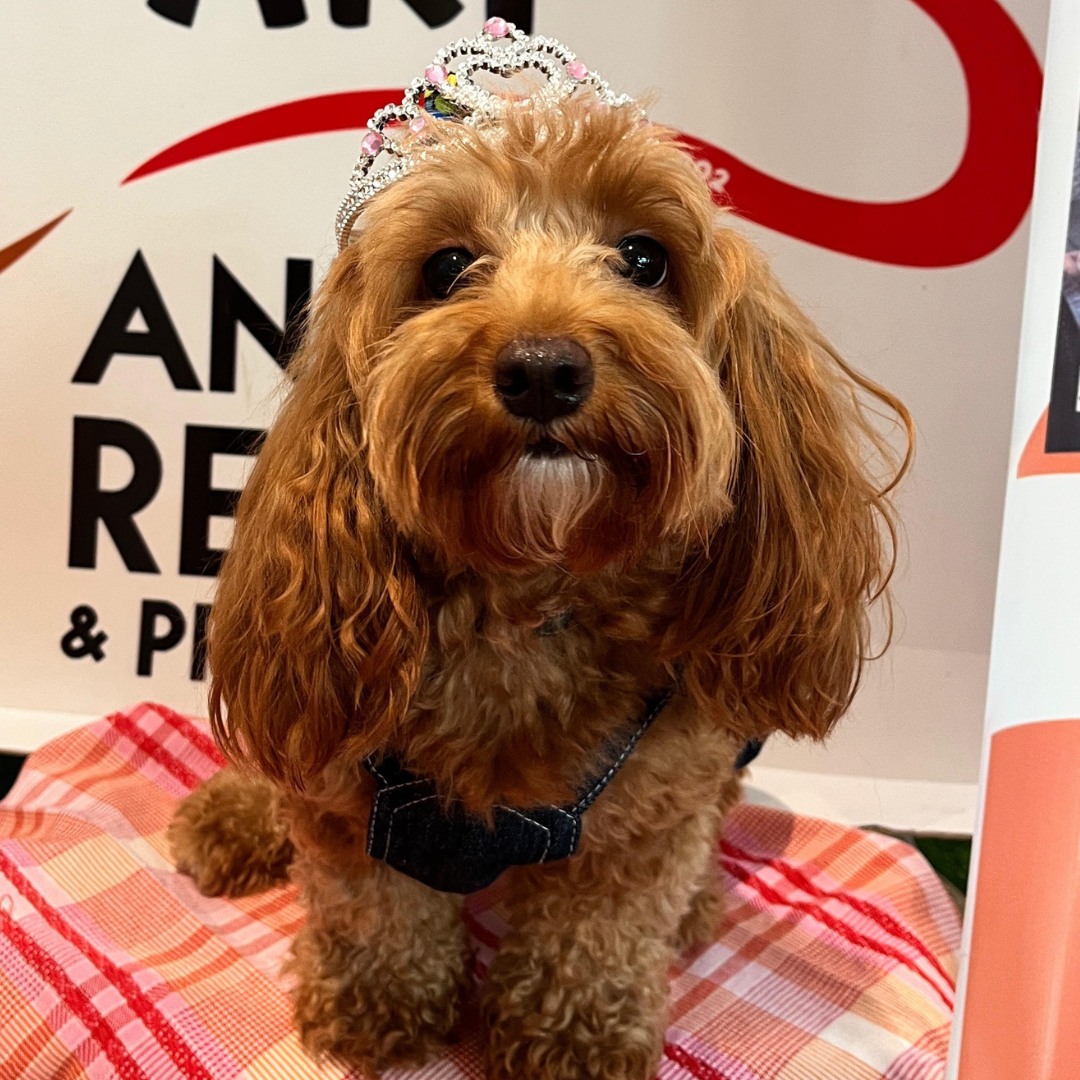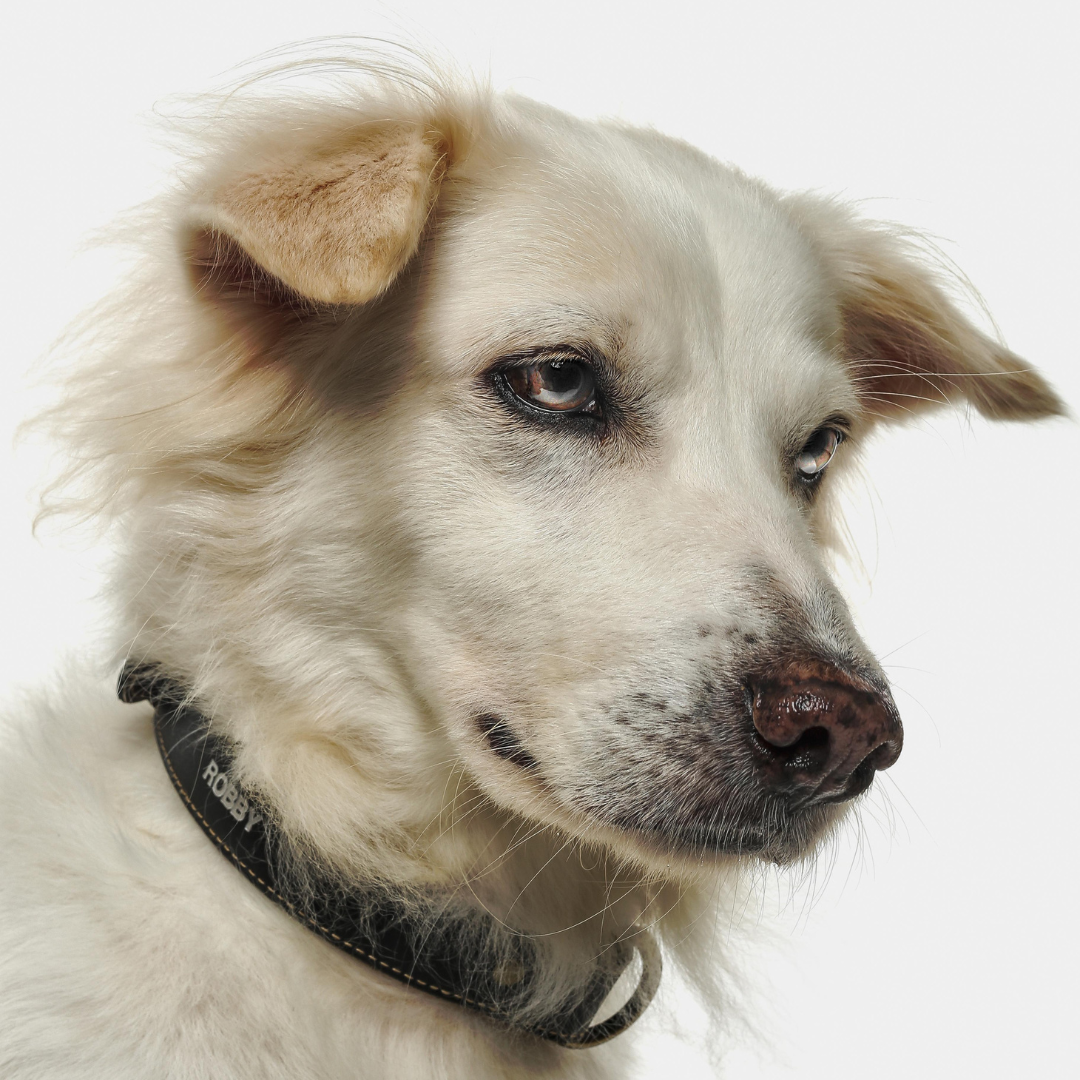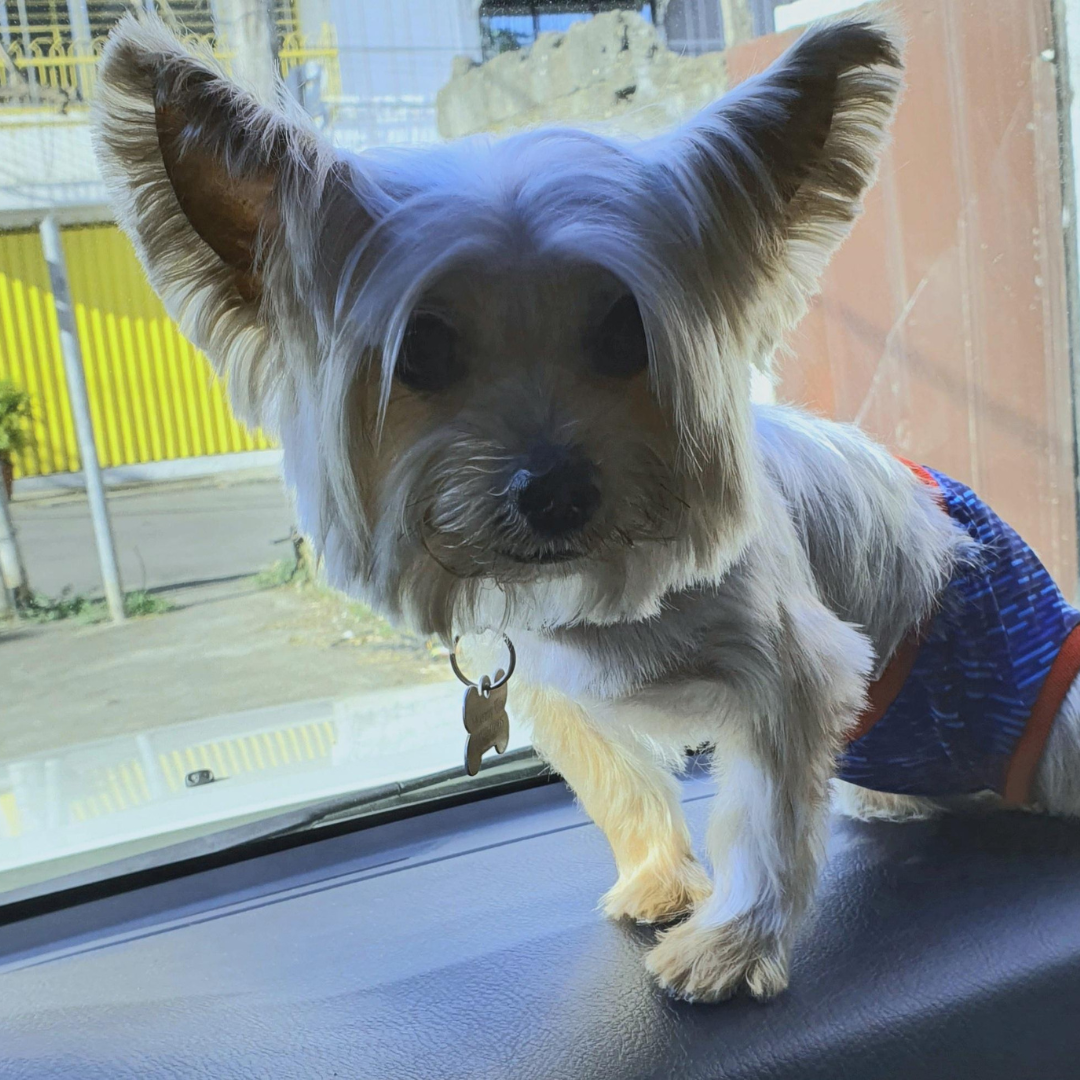Learn about the different factors that contribute to lost pet incidents. Avoiding these can help you keep your pet safe.
Common Factors Contributing to Lost Pet Incidents: Protecting Our Furry Friends
Our beloved pets are cherished members of our families, but unfortunately, they can occasionally become lost. Understanding the common factors that contribute to these incidents is crucial in preventing such heart-wrenching situations.
In this article, we delve into the reasons behind lost pet incidents, from the absence of identification to behavioral factors like fear or inadequate training. By identifying and addressing these factors, we can take proactive steps to safeguard our furry companions and increase the chances of their safe return. Let's explore these factors with an engaging and informative approach.
Lack of Identification
One of the primary reasons pets become lost is the absence of proper identification. Without visible identification tags or microchips, it becomes challenging to reunite lost pets with their owners. This emphasizes the significance of identification as a first line of defense.
Identification tags should include your pet's name and contact information. These tags are easily visible and provide a direct means of communication if your pet is found. You can also invest in a smart tag that contains a QR code, which will redirect people to a page that involves your updated information.
Additionally, microchipping is a highly recommended practice. A microchip is a small device implanted under your pet's skin, containing your contact details. Veterinary clinics, shelters, and rescue organizations can scan lost pets for microchips, enabling swift reunions. But you need to make sure to update your contact information regularly to ensure the safe return of your furbaby.
Open Doors and Windows
Pets have an uncanny knack for seizing opportunities when doors or windows are left open. Whether it's an inquisitive cat slipping through a momentarily ajar door or an adventurous dog darting out an open window, these situations can quickly result in a lost pet.
To prevent this, be mindful of your pet's location when entering or exiting your home. Keep doors and windows securely closed or install pet-proof screens. Consider utilizing baby gates or designated pet barriers to restrict access to certain areas, reducing the risk of accidental escapes.
Inadequate Fencing or Containment
Insufficient fencing or containment systems can create opportunities for pets to wander off. Holes, gaps, or broken fences offer tempting exits, enticing pets to explore the outside world independently.
Regularly inspect your fencing to ensure its integrity. Repair any damage promptly and consider reinforcing weak areas. If you have an outdoor enclosure or play area, ensure it is secure and escape-proof. Providing a safe and enclosed space for your pets to enjoy the outdoors can significantly reduce the chances of them becoming lost.
Unsupervised Outdoor Time
While outdoor exploration can be enjoyable for pets, allowing them to roam freely without supervision increases the risk of them getting lost. Pets may venture into unfamiliar territories, making it challenging for them to find their way back home.
To mitigate this risk, supervise your pets during outdoor activities. Use a leash or harness when going for walks and consider investing in a secure and enclosed outdoor play area. By monitoring their outdoor excursions, you can ensure their safety while still allowing them to experience the wonders of the world outside.
Travel or Relocation
Moving to a new location or traveling with pets introduces a higher risk of them becoming lost. The change in surroundings can confuse pets, leading them to attempt to find their way back to their previous home.
When relocating or traveling, take extra precautions to prevent your pet from becoming lost. Keep them securely confined during the transition period and acclimatize them gradually to the new environment. During trips, ensure your pet is properly restrained and use crates or carriers for their safety.
Fear or Loud Noises
Pet can be frightened by loud noises, fireworks, thunderstorms, or other stressful events. In their panic, they may try to escape or run away, increasing the chances of becoming lost.
During times of heightened stress, create a safe and secure environment for your pet. Provide a cozy and familiar space where they can seek comfort.
Consider using calming aids such as pheromone diffusers or anxiety wraps to help alleviate their anxiety. Additionally, keep your pets indoors during fireworks displays or other loud events to minimize their exposure to fear-inducing stimuli.
Lack of Training or Obedience
Insufficient training or poor obedience can contribute to pets not responding to recall commands or running away when off-leash. It is essential to teach pets basic commands and reinforce recall training to minimize the risk of them running off.
Invest time and effort into training your pets, teaching them commands like "come" or "stay." Positive reinforcement techniques, such as rewards and treats, can strengthen their response to these commands. Consistency and patience are key to successful training.
Additionally, establish a strong bond with your pets through regular exercise, mental stimulation, and quality time together. A well-trained and emotionally connected pet is less likely to become lost.
Keep Your Pet Safe at All Times
Understanding the factors that contribute to lost pet incidents empowers us to take proactive measures in safeguarding our furry friends. From ensuring proper identification through tags and microchips to addressing behavioral factors like fear and training, we can significantly reduce the risk of our pets becoming lost.
By implementing these preventive measures, such as securing our homes, providing supervision during outdoor time, and creating safe spaces during travel or stressful situations, we can cherish the companionship of our pets while keeping them safe. Let's be vigilant, caring pet owners, and minimize the chances of our beloved pets getting lost.
















































